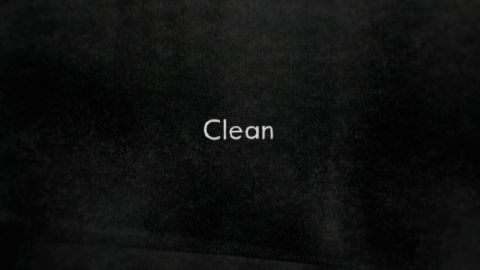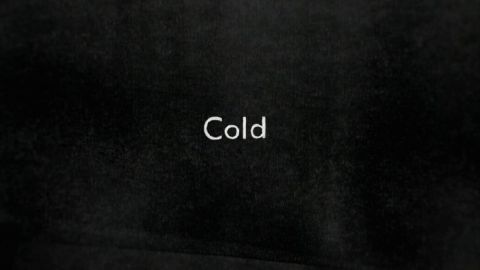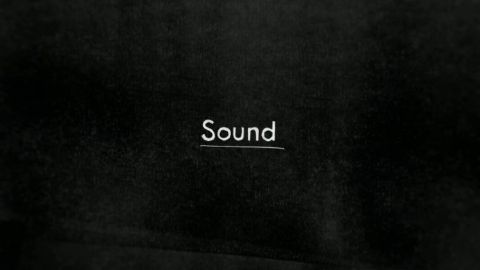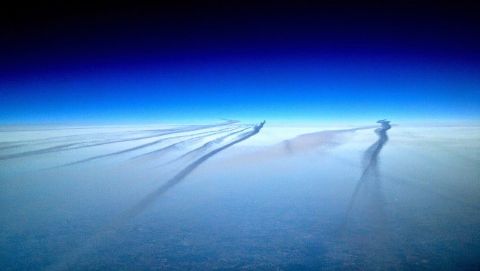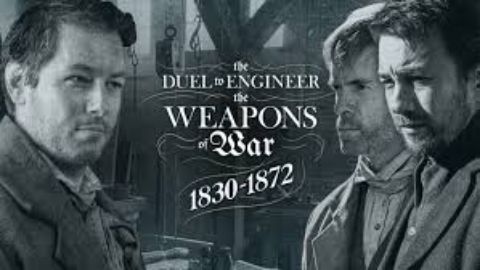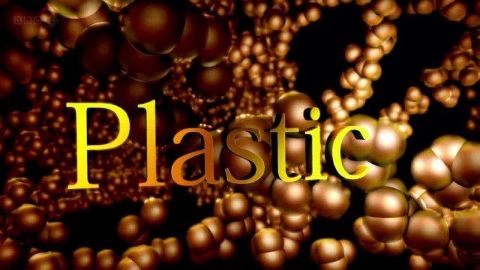Light • 2014 • episode "S1E4" • How We Got to Now
Steven Johnson relates the story of people who take us out of the dark and into the light. Hear about Edison’s light bulb, which he didn’t actually invent, and learn how an 18th-century shipping community discovered a source of illumination by putting a kid inside a whale’s head. See how a French scientist accidentally discovered how to create neon light, leading to a revolution in advertising. Dispelling the myth of the individual “eureka” moment, Johnson reveals that teamwork and collaboration led the way to the most transformative ideas. Whether, altering the world’s sleeping patterns, giving rise to mass spectator sports, revolutionizing how global business is done or triggering one of the great social reforms in American history, the pioneers of light have made themselves indispensable throughout human history.
Make a donation
Buy a brother a hot coffee? Or a cold beer?
Hope you're finding these documentaries fascinating and eye-opening. It's just me, working hard behind the scenes to bring you this enriching content.
Running and maintaining a website like this takes time and resources. That's why I'm reaching out to you. If you appreciate what I do and would like to support my efforts, would you consider "buying me a coffee"?
Donation addresses
BTC: bc1q8ldskxh4x9qnddhcrgcun8rtvddeldm2a07r2v
ETH: 0x5CCAAA1afc5c5D814129d99277dDb5A979672116
With your donation through , you can show your appreciation and help me keep this project going. Every contribution, no matter how small, makes a significant impact. It goes directly towards covering server costs.
